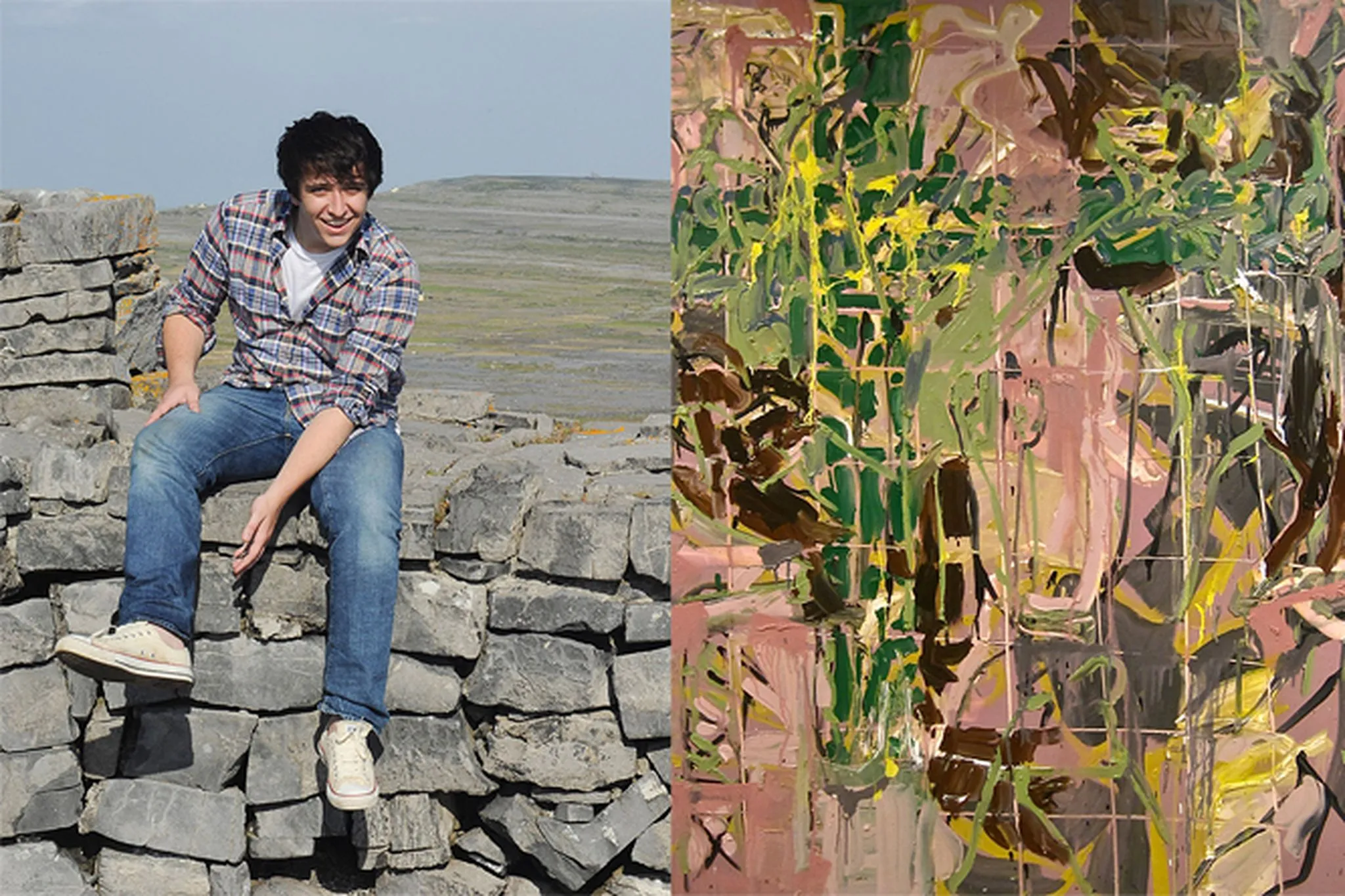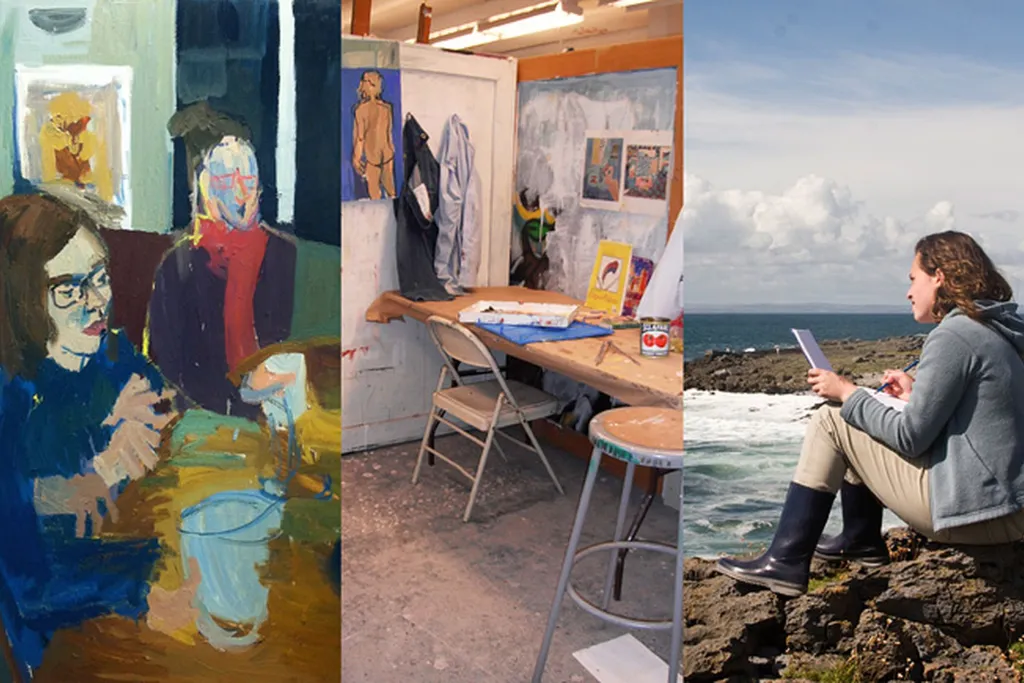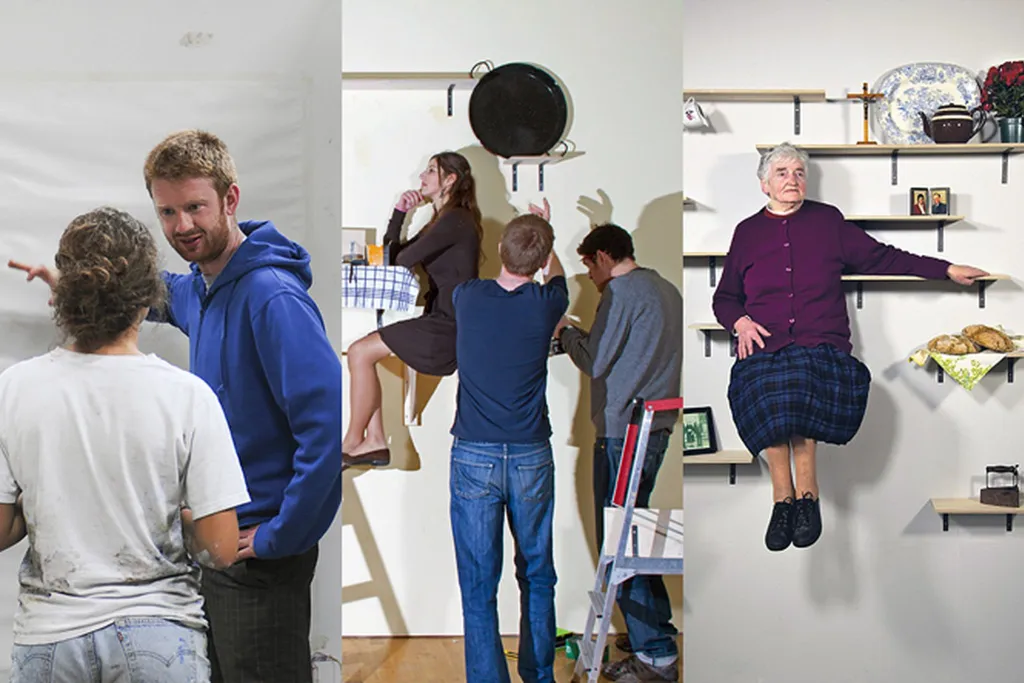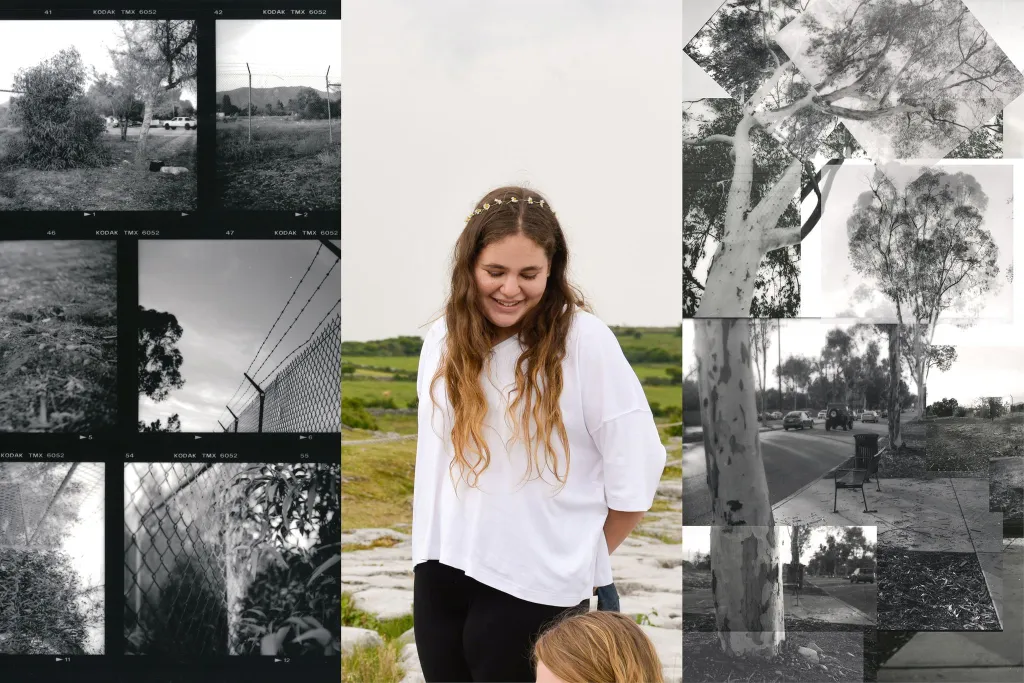Jack Mernin

Jack was a student during our Summer Art Programs; Art on the Farm, 2009. He was entering senior year the following autumn, and made the decision to apply to art schools. Jack had his pick of schools, and decided to attend RISD where he studied painting. Now in his final year Jack kindly took the time to answer a few questions for us.
CHS: What have you been working on most recently? Can you describe a bit about your process and the themes you’ve been exploring?
JM: I spent the summer making many drawings and small works on paper. Now that I have a studio space again, it has been a matter of scaling up and getting back into the swing of oils. It’s nice to have two processes going. One being a more intimate means of working, the other where you can really go to town– tackling larger, more material surfaces.
I consider myself a traditionalist in many senses, which can sometimes get me in trouble at such a forward-thinking institution like RISD. Figures, still lives– the classic tropes of painting– all filter into my work. They are begun observationally, but I usually lose overt clarity of the original referent through the process of painting. At the moment, I’m very much working through my ideas behind abstraction.
CHS: What is your most vivd memory from your summer here in Ireland? How did your time at Cow House inform you as an artist?
At Cow House, oils were very new to me and I remember being excited to take on a landscape “en plein air.” It was a bit of a disaster. The surface wasn’t properly prepped, I loaded up too much paint (which Rosie wasn’t too pleased by!) and got lost on my way home. I still have the canvas– not a very good painting, but I like it for the memory and experience.
At Cow House, I began to seriously think “I could be an artist!” Being completely immersed in an artistic practice was stimulating, and one-on-one instruction by working artists was huge. Shortly thereafter, I made the leap to apply exclusively to art schools.
CHS: You are in your final year at RISD. What are your aspirations upon graduation?
JM: The goal is to do all that I can to maintain a studio practice– keep painting! Lately I’ve been toying with the idea of staying in Providence, but New York feels like the eventual destination.
CHS: What advice would you have for students interested in applying to art school?
JM: It’s tough to judge your long-term interests when you’re a senior in high school, so keep an open mind during the application process. Get a feel for the schools in person, and don’t be afraid to ask for help from those who support you.
Also, if it doesn’t work out the first time, keep trying! I know so many success stories of students reapplying to certain schools the following year. It is a big decision, but it doesn’t have to be such a scary one.
CHS: Has there been a single class or professor at RISD who has had a profound impact on you as an artist or individual?
JM: Judy Glantzman and Patricia Treib, two New York-based painters, have been particularly influential. Both resisted an assignment-based curriculum and encouraged individual exploration in the classroom. I felt very comfortable communicating one-one on with both professors, and that I can look to the both of them if I have any questions outside the studio. Judy got me working and Patricia got me reading, to put their impact on me in the simplest of terms.
During the fall of my Junior year, I studied abroad in Rome as a part of the European Honors Program. It’s a well-established program unique to RISD, and made for an incredible experience. RISD, in general, is such a supportive, dynamic community– I feel lucky to be here!


